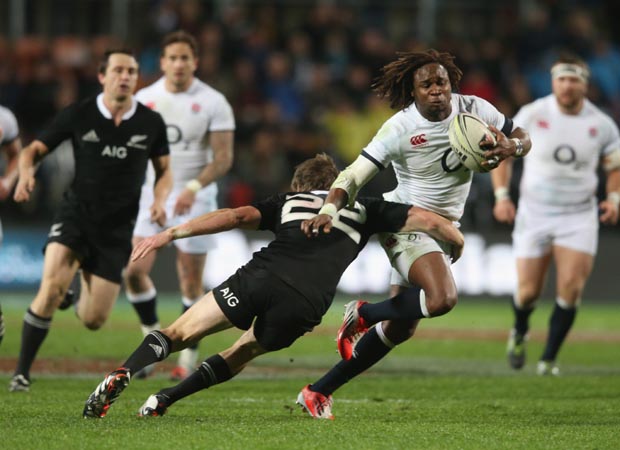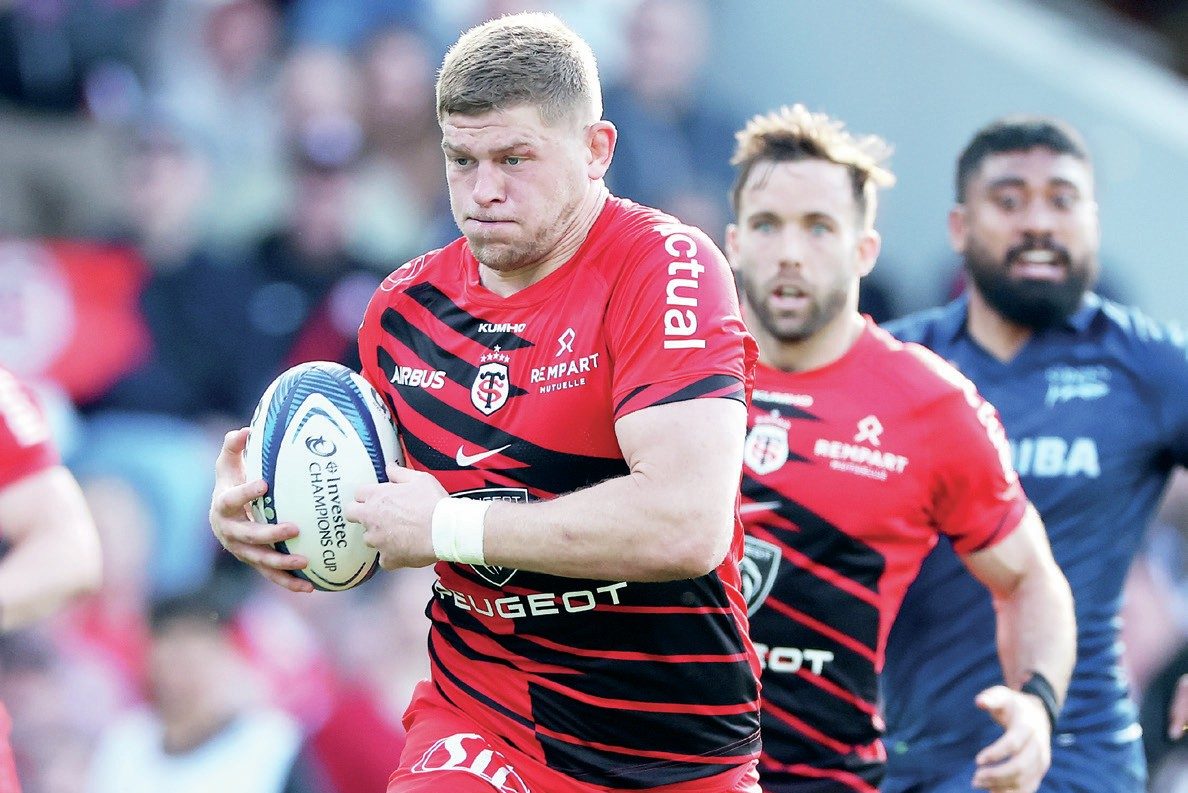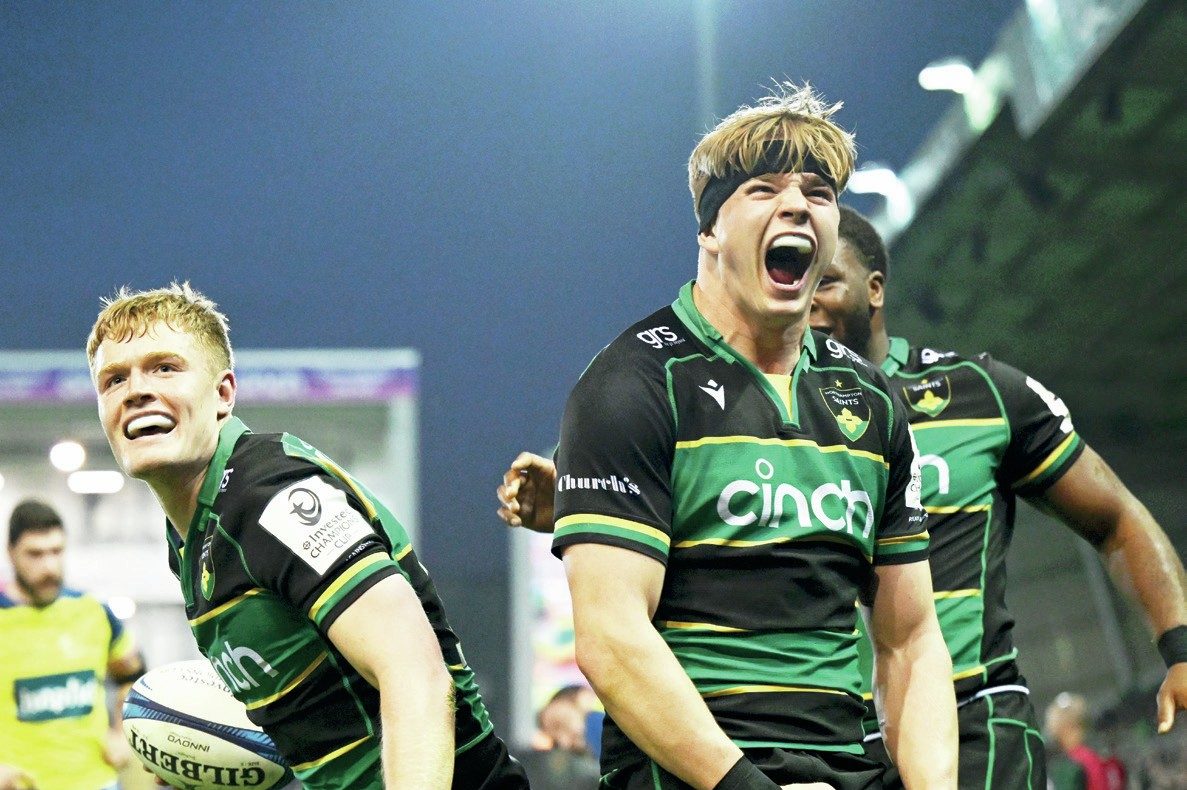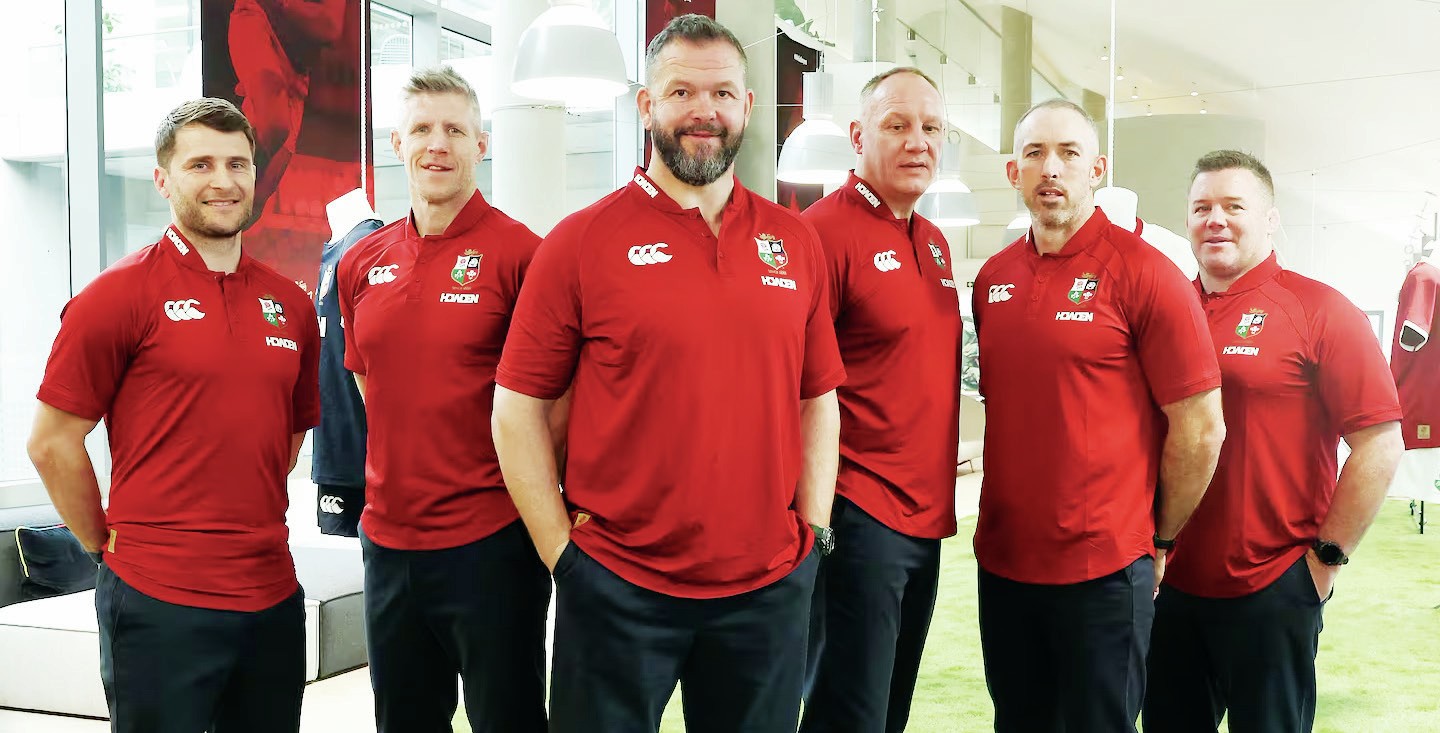
 Stuart Lancaster will have learned some important lessons on this tour, first and foremost that you cannot chop and change a team and expect it to be competitive against the All Blacks.
Stuart Lancaster will have learned some important lessons on this tour, first and foremost that you cannot chop and change a team and expect it to be competitive against the All Blacks.
As Lancaster lamented post-match, he was not aided by the RFU’s timing of the tour and the need to muck about with selection for the second Test. England made seven changes from the side that lost the first Test, and enforced changes at half-back aside, he didn’t need to make so many changes to the line-up this week.
For me it was no surprise New Zealand targeted England’s midfield and exploited it so ruthlessly in the first half.
The Kiwi fly-half Aaron Cruden, who enjoyed a fine game in the face of mounting competition from Beauden Barret for the 10 jersey, linked well with Ma’a Nonu and his back-rowers to create heavy traffic down England’s 10-12 channel.
And with All Black No.9 Aaron Smith looking to snipe, the England defence was forced to defend tight, pulling in Manu Tuilagi and Chris Ashton to free up the wide spaces, where Julian Savea demonstrated his killer instinct.
The England backline as a unit lacked cohesion in defence and it’s wrong to single out Kyle Eastmond as the weak link. He would not have been helped by sitting in the stands last week. He needs consecutive games to grow into the role. In defence, the midfield must work as a collective but there was a clear lack of communication with the All Blacks able to breach gaps at will.
One of the aspects of New Zealand’s play that sets the benchmark for the rest of the world is their willingness to attack from set-piece ball.
They know how to create space and then have the skill-set to pull it off. The set-up for Savea’s second try was straight off the training park: short lineout, then Aaron Smith to Richie McCaw at first receiver, then to Cruden who reced through the gap before between Eastmond and Tuilagi before his long pass put Savea through after Ashton had been sucked in. A scintilating attack that not many teams are capable of.
It’s not a great ending to what had been a good tour for England thus far. They could have won the opening two Tests if they had taken their chances, but yesterday was a harsh lesson that should stick in the minds for a long time.
England must learn, and learn fast, that if they let New Zealand have enough fast ball, with the precision and execution throughout their team, they will hurt you. To stand any chance against this team England had to be error free. But from the off it was mistake after mistake which gifted the All Blacks two tries – albeit the second was finished superbly by Savea after gathering a difficult ball on the bounce.
Basic errors cost England – in terms of points, territory and momentum. Freddie Burns‘ mistake from kick-off, Mike Brown‘s punt out on the full – these are things the All Blacks don’t do.
Pressure in the Waikato Stadium could account for some of the basic errors, but regardless of that, there are three main areas to work on if England are to close the gap in 12 month’s time: finishing, intensity and fitness. The last one should be ringing alarm bells.
To maintain high intensity and then be able to go up another gear, England must turn themselves into an 80 minute team. They played for 70 minutes in the first Test, 60 last week and 40 yesterday.
They will not be able to match the All Black intensity until they can match their fitness levels. Likewise finishing. They need to have the same clear head in the last minute as they do in the first.
For now, England must not worry too much that the All Blacks have superior skill levels. The majority of the line-up are young guys and they will continue to improve those basics every week, providing they work on them. But the error count needs to come down and England must be able to live with the All Blacks when their intensity ramps up – at the moment the faster the play gets, the more you think the ball will stick when New Zealand throw their fast, flat passes on the gain line.
But there are still reasons to be positive looking ahead to the autumn internationals. Marland Yarde has announced himself as an international wing of substance: he took his tries well and made some lovely breaks – but he needs to remove the blinkers at times. He is young and hungry and I like that he wants to score tries every time he gets the ball. And if he is to make the step up to being world class he needs look no further than the sensational Kiwi full-back, Ben Smith.
He’s the best player on the planet right now. Every time he gets his hands on the ball it feels like something might happen. He’s solid under the high ball and makes his tackles – but what sets him apart is his combination of pace and vision.
Tuilagi proved again why he must play in midfield and I want Luther Burrell to build on a breath-taking breakthrough season by bringing the same physical intensity as Manu. He needs to make more of an impact – both in attack and defence – and it’s up to him to find the answer to that.
The centre pairing of Billy Twelvetrees and Burrell, outside Owen Farrell, didn’t work last week and Lancaster must decide his best midfield partnership and stick with it to develop.
Eastmond was not given any front foot ball with room to manoeuvre yesterday and I hope Lancaster keeps faith. Eastmond is one of the most naturally-gifted players in the country and needs more opportunities. For Freddie Burns, it’s been one step forward and two steps back while Danny Cipriani has shown he is ready for Test rugby again.
The pack struggled for set-piece dominance in the first half, but Lancaster knows he has some genuine leaders throughout; Tom Wood and Chris Robshaw have both been hugely impressive and I’m glad Geoff Parling is back to his best – he brings vast experience and makes good decisions.

























You must be logged in to post a comment Login